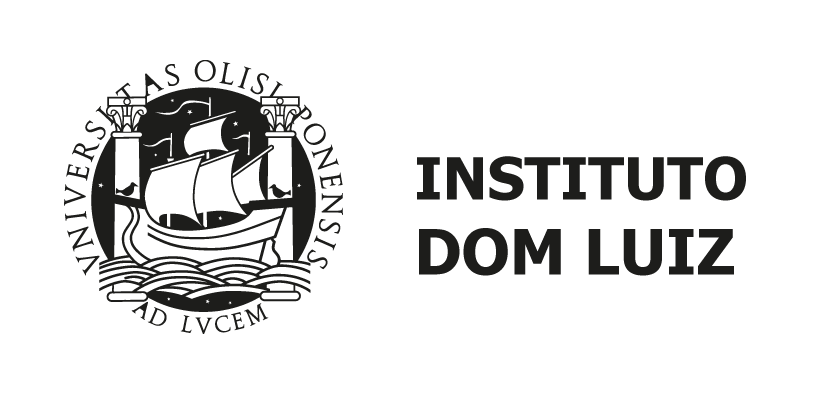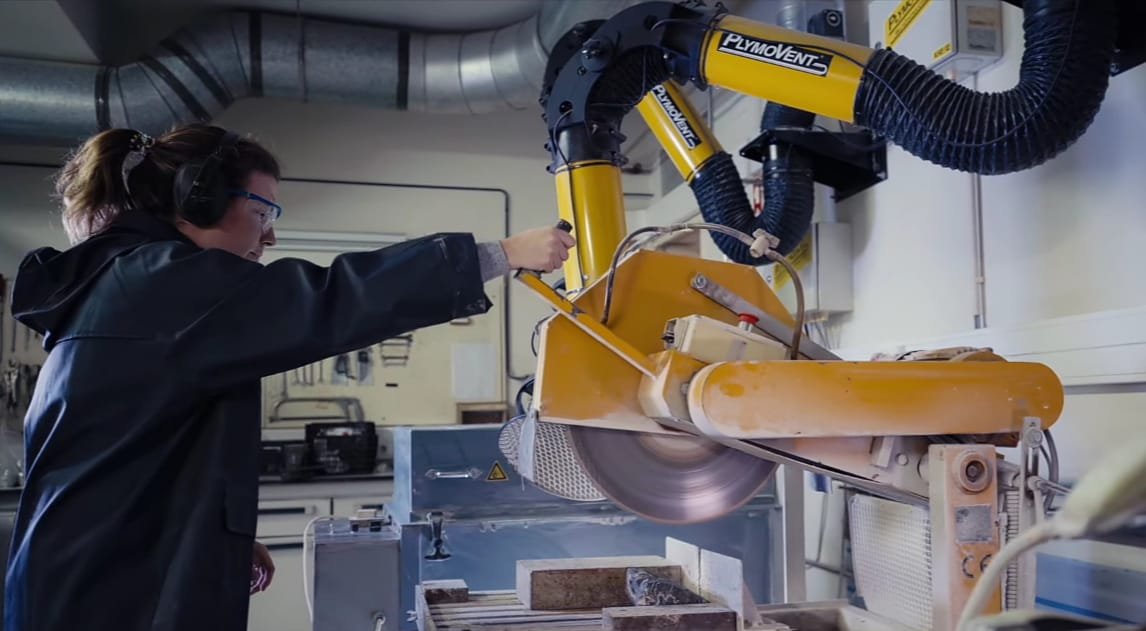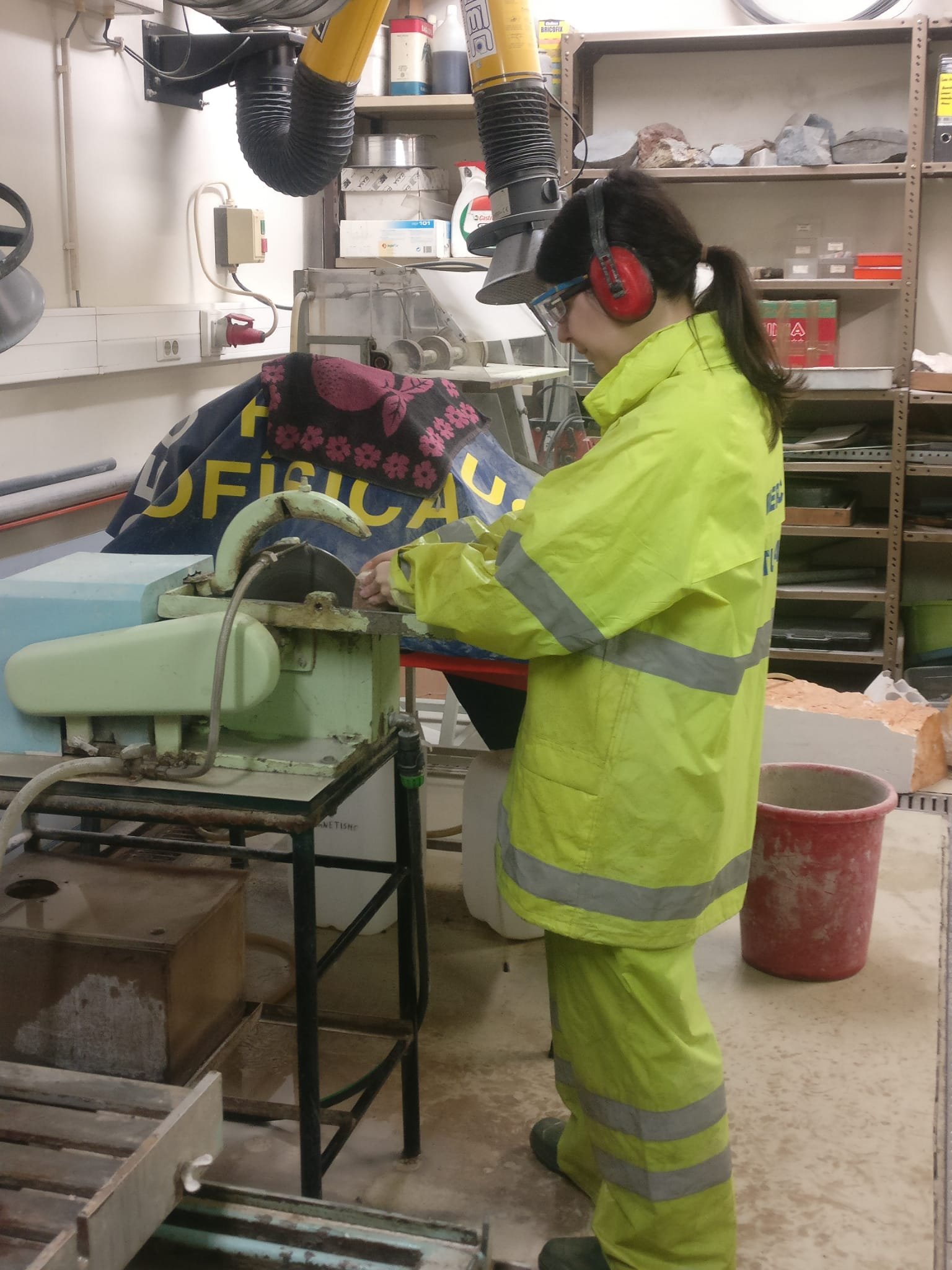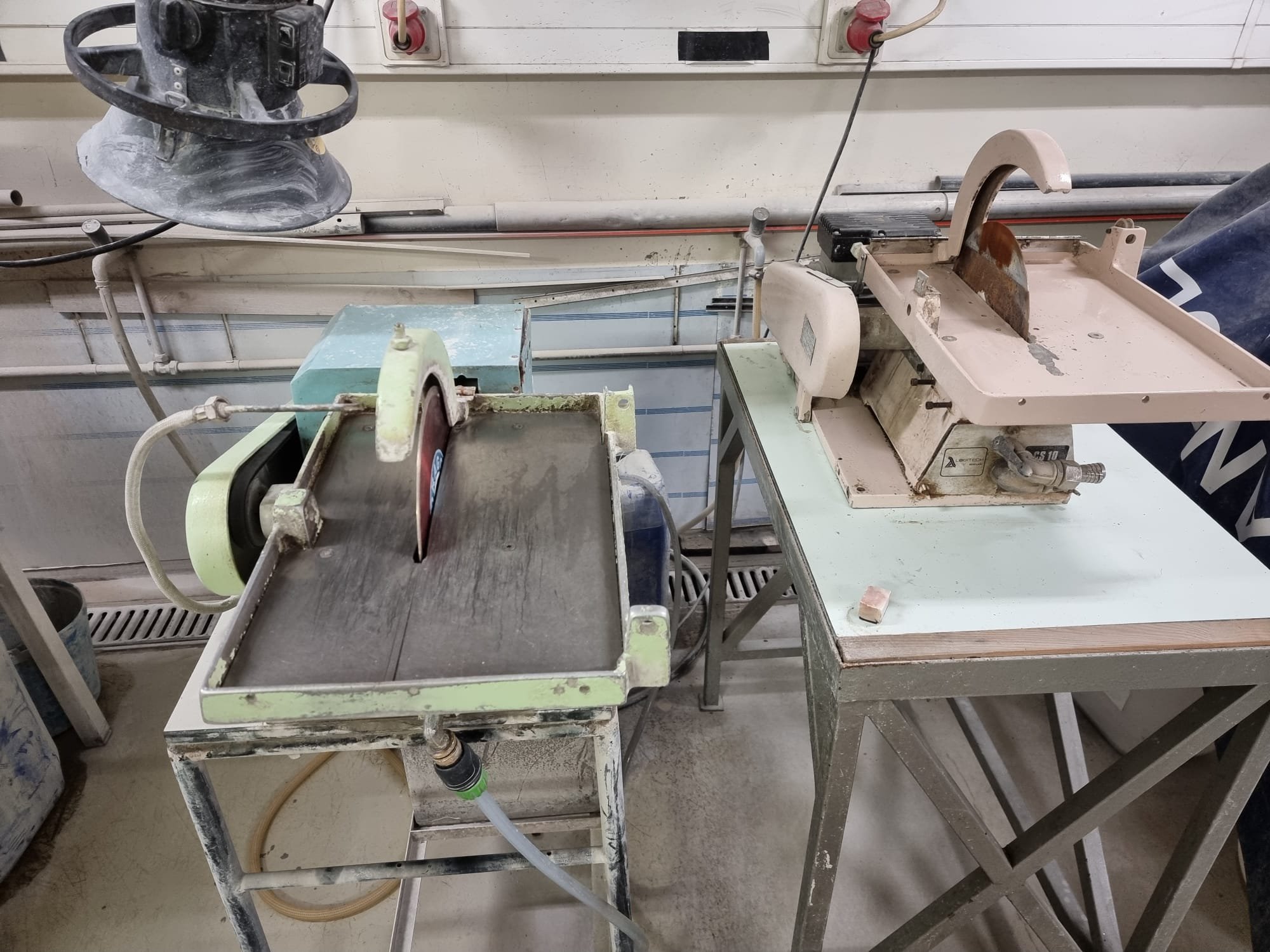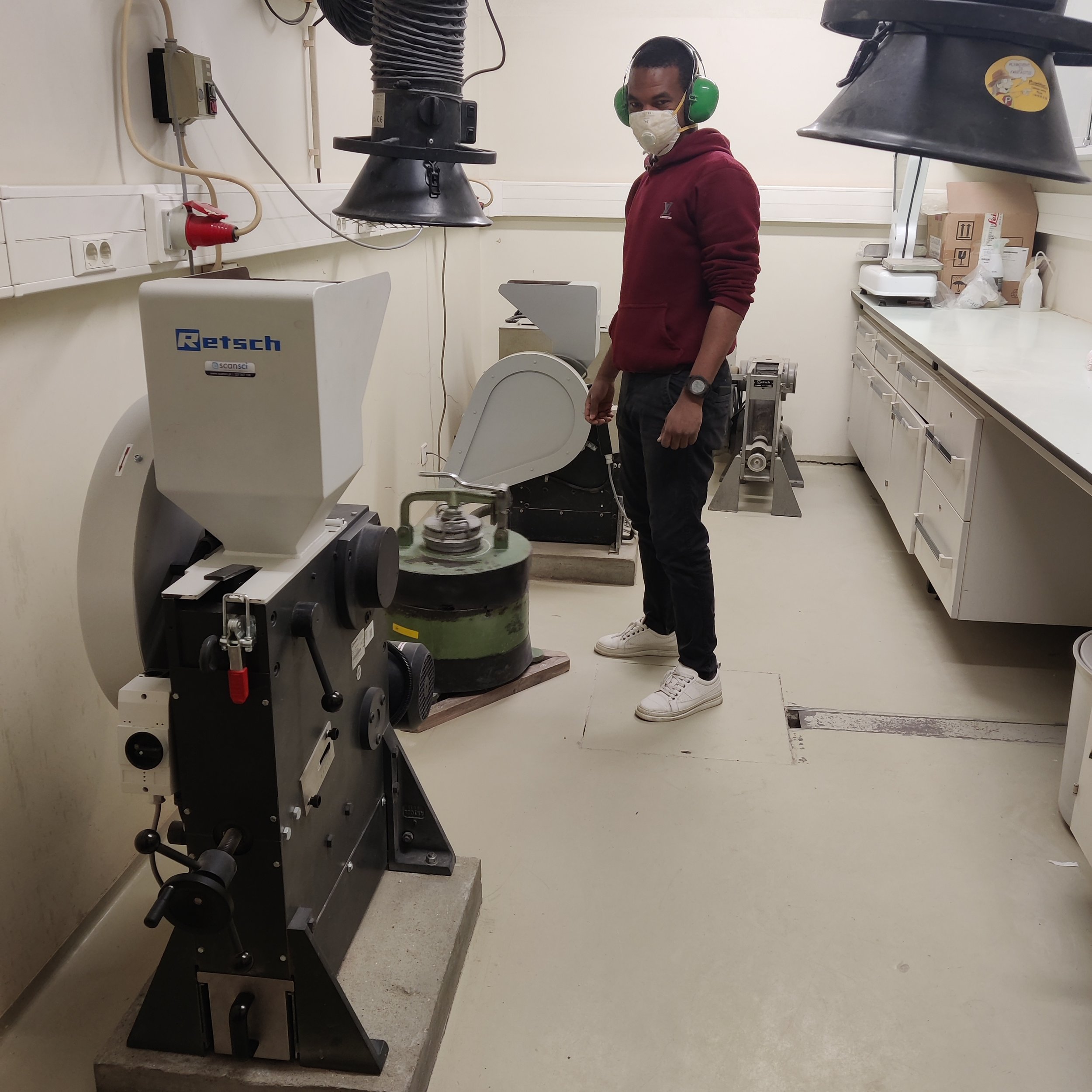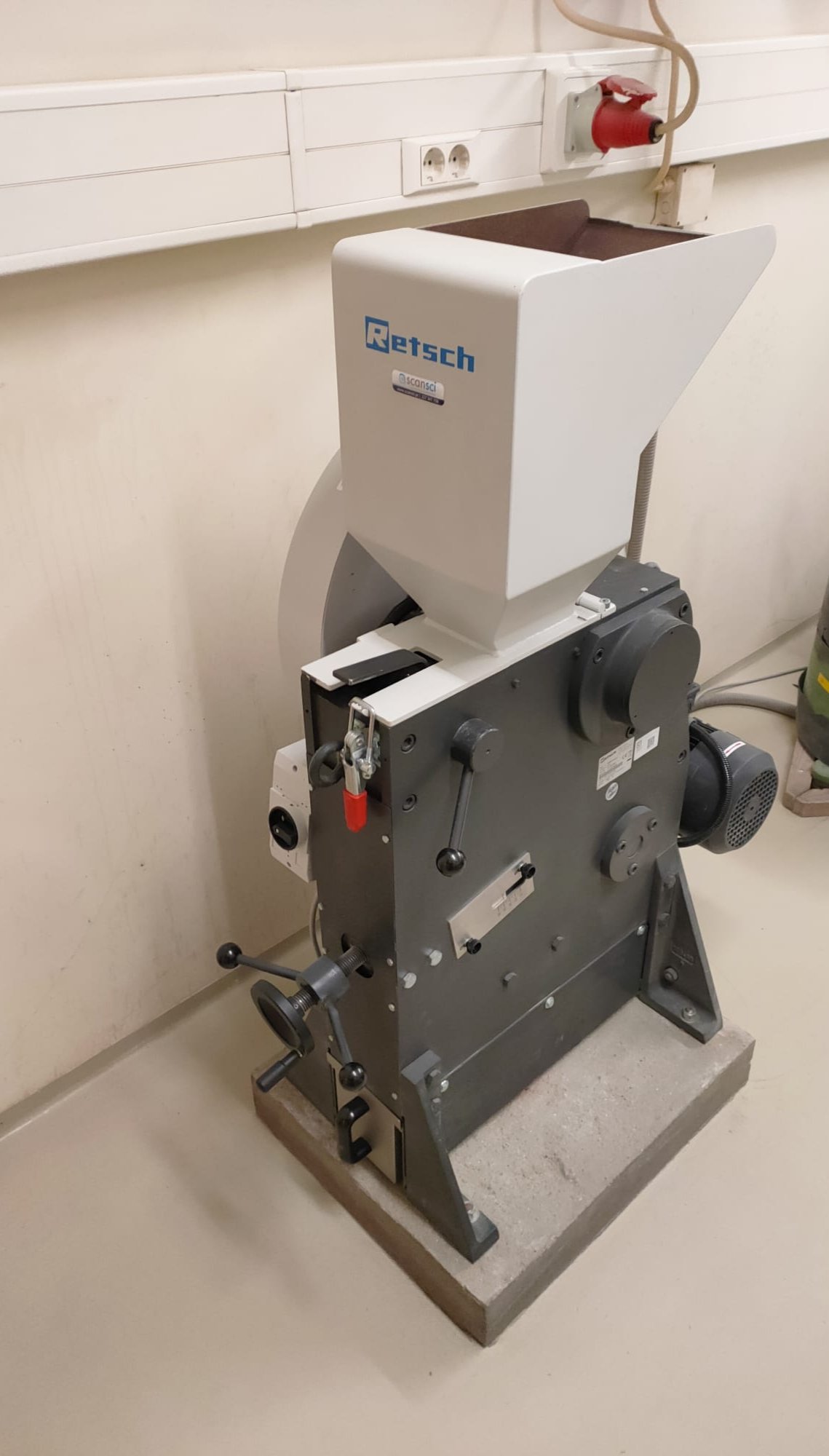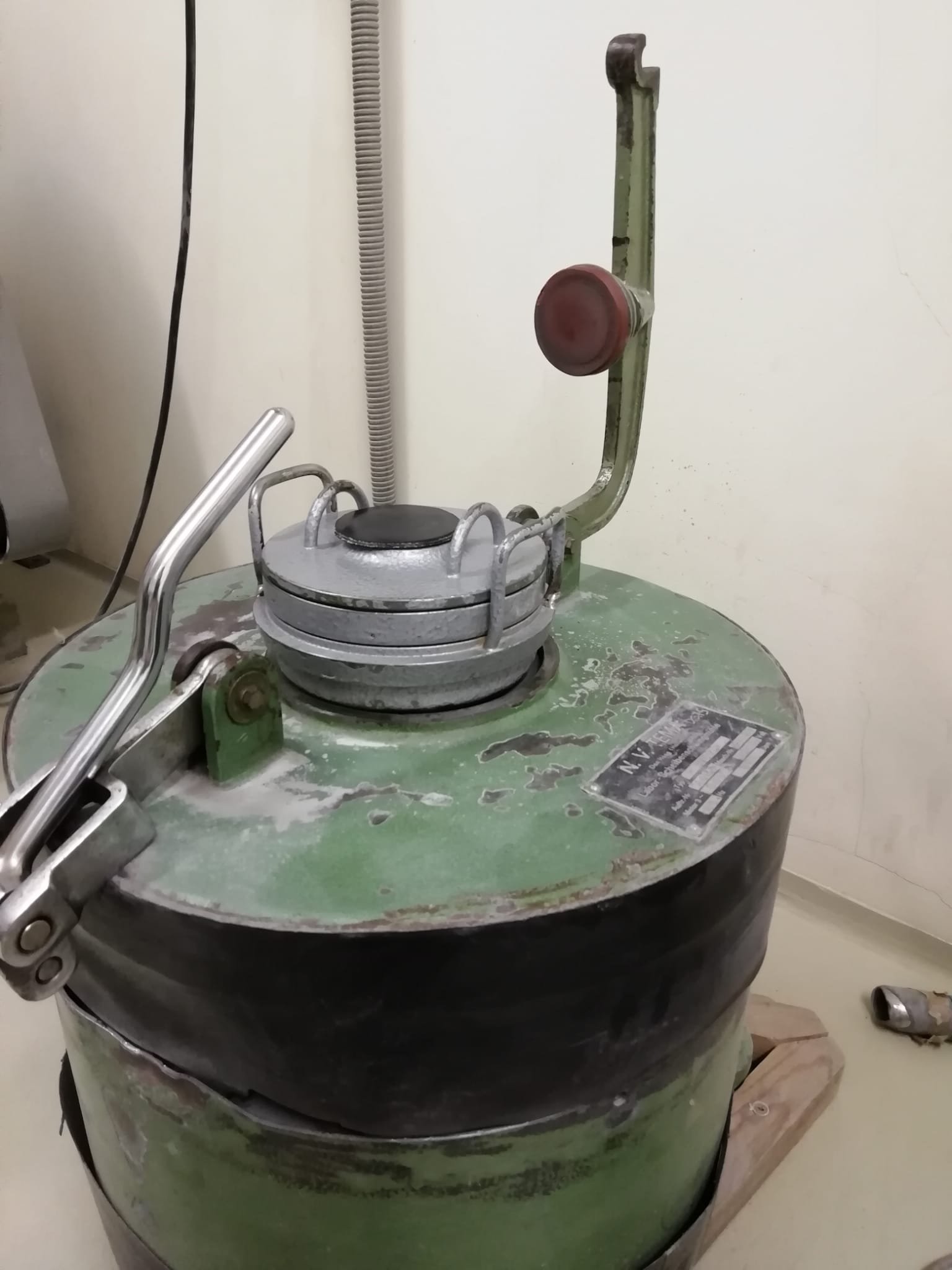Rock Cutting & Grinding Laboratory (RCG Lab)
Overview
The Rock Cutting & Grinding Laboratory (RCG Lab) was set up in 1987 as a facility dedicated to providing the adequate support to the LABLAPOL and other lab units involved in Geochemistry and Mineralogy studies. The RCG Lab's motto states that sample preparation is always a vital part of any experiment. Currently, the LABLAPOL scientific coordination is assigned to António Mateus, assisted by the chief operator and Lab manager Sofia Rodrigues.
The main activities in RCG Lab involve the preparation/processing of samples for subsequent manufacturing of thin (polished) sections and/or chemical analysis by means of different methods and/or the production of mineral concentrates, thus involving different types of cutting and fragmentation, as well as grinding and powdering.
The transversal nature of the RCG Lab, reflected in the multiple services it can provide, attests its high relevance in all (applied or fundamental) research paths, unfortunately not always duly recognised. Additionally, the RCG Lab provides all undergraduate and postgraduate students the necessary training in techniques for processing geological materials, making them aware of multiple sources of contamination and other types of problems that could potentially arise if sample processing is not carried out in conformity with a wide set of rules (not always written).
Accordingly, the RCG Lab assists all the researchers and students involved in geological materials characterisation, particularly those from the Geology Department of FCUL and the IDL’s RG3 and RG2.
The allocation of work carried out in RCG varies greatly, but the following percentage ranges could be estimated if the track record of lab requests (existing since 1999) is considered: 50-60% for fundamental and applied research (supported by research projects or independent service contracts); 20% for postgraduate course units; 15-20% for undergraduate course units; and 5-10% for the provision of specific services.
The RCG average annual costs vary between €5k and €10k, depending on the number of repairs of components subject to significant wear, in addition to fluctuations in the values allocated to the various types of consumables (saw blades, soluble oils, cleaning liquids and paper, grinding discs, etc.). The funds required to support LABLAPOL result from research (national and European) projects and services requested by external entities.
Infrastructure
The RCG Lab, sited in the FCUL Campus, is part of a series of lab-infrastructures assigned to the basic preparation of geological materials for subsequent studies, which are distributed across the ground floor of the C6 building (Geology Department).
The RCG Lab has one dedicated specialised technician (Sofia Rodrigues) and uses in routine different cutting instruments and grinding mills. Currently, the “cutting area” is equipped with 1 trim, 2 slab and 1 dual-axis saws (in-house made instrument, CEDIMA Mod. CTS-71D, LOGITECH Mod. CS-10) that can be selected according to the sample dimension and specific objectives; an in-house designed equipment with 3 grinding rings is also available. The samples fragmentation could be done with a hydraulic press device (CUTROCK/LARZEP A21514), followed by a cylinder mill iso-granulator (MEM) and/or a jaw crusher (RETSCH, Mod. BB200, recently acquired through C4G funds). Subsequent grinding/milling stages use swing mills (equipped with an agate or a tungsten-carbide pan-grinder); a planetary ball mill also exists but it is not operational.
For chemical and physical analytical methods, it is essential that the sample is perfectly homogenized to an adequate degree of analytical fineness. So, the selection of the grinding methods is critical to prepare fine and ultrafine size reduction of almost any dry material, sometimes requiring an additional milling with a rotor-stator device to ensure homogenisation of the rock pulp.
Milling also refers to the process of breaking down, separating, sizing, or classifying aggregate material, which could also be completed in the RCG Lab. For instance, rock crushing or grinding to produce uniform aggregate size for geotechnical lab tests purposes, or separation of rock, soil, or aggregate material for testing structural fills or land reclamation activities. Aggregate milling processes are also used to remove or separate contamination or moisture from aggregate or soil and to produce "dry fills" prior to transport or structural filling.
Main highlights
In the last five years, the outputs of RCG Lab supported a high number of research projects and services contracts, besides the research activities of many postgraduate students. The absolute figures about these outputs are impossible to list, but their influence is undeniable in several dozens of papers published, many MSc and PhD (completed and ongoing) theses, and numerous technical reports for companies. As aforementioned, the RCG Lab is a transversal facility assisting all the research activities that involve the characterisation of geological materials.
According to appointments made in the last 20 months, the RCG Lab was used by 15 MSc students, 6 PhD students, 5 IDL researchers and 2 foreigner researchers, in addition to 2 external service requests. There are also students who volunteer for some professors, as well as students from project courses, who have utilized this laboratory.
Future prospects
The RCG Lab is well-equipped and responds quite satisfactorily to all the applications, despite of occasional difficulties due to very high demand; in such circumstances, planning of succeeding users proves to be fundamental.
Assuming that it will be possible to keep the maintenance of existing equipment at the current level, possibly accompanied by minor component replacements or specific improvements in some devices, there are no reasons for great concern about the future. In other words, the RCG Lab will continue to adequately perform its functions, fulfilling the objectives that guided its creation.
Contact Person
Sofia Rodrigues
Address
FCUL, Campus, C6 Ground floor
